Introduction to Python: Your Gateway to Programming Success
Python is widely used in various fields, making it an invaluable skill
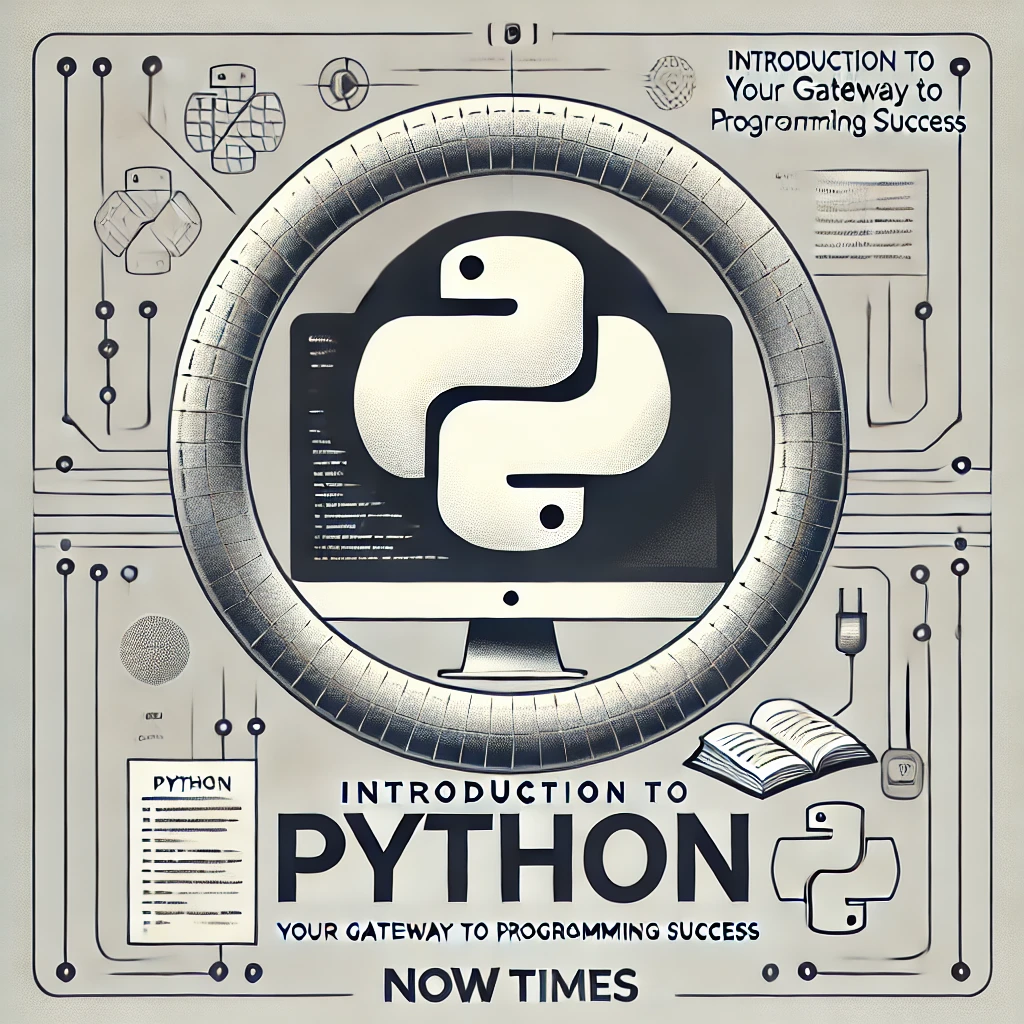
Python is one of the most popular and versatile programming languages in the world. Known for its simplicity and readability, Python has become the go-to language for beginners and professionals alike. Whether you're stepping into programming for the first time or looking to enhance your skills, Python is an excellent choice.
Why Learn Python?
Python is widely used in various fields, making it an invaluable skill. From web development and data analysis to artificial intelligence (AI) and scientific computing, Python's flexibility ensures it remains relevant across industries.
Here are some reasons why Python is a great language to learn:
-
Ease of Learning: Python’s syntax resembles natural English, making it beginner-friendly.
-
Diverse Applications: Python is used in web development, machine learning, automation, game development, and more.
-
Rich Libraries: Python boasts an extensive collection of libraries and frameworks like NumPy, Pandas, Flask, and Django, which simplify development.
-
Strong Community Support: Python has a vast and active community, providing support, tutorials, and resources to learners.
Key Features of Python
Python’s features set it apart from other programming languages:
-
High-Level Language: Focus on problem-solving rather than syntax complexities.
-
Interpreted Language: Python code is executed line by line, making debugging easier.
-
Cross-Platform: Python runs seamlessly on Windows, macOS, Linux, and other platforms.
-
Dynamic Typing: Variables do not require explicit type declarations, enhancing flexibility.
-
Object-Oriented: Python supports object-oriented programming (OOP) for building scalable and reusable code.
How to Get Started with Python
-
Install Python: Download Python from python.org and install it on your system.
-
Choose an IDE or Text Editor: Beginners often start with IDLE, but you can also use VS Code, PyCharm, or Jupyter Notebook.
-
Learn the Basics: Familiarize yourself with Python syntax, variables, data types, and control structures.
-
Practice Coding: Build small projects like a calculator or to-do list app to apply your knowledge.
-
Explore Libraries: Start exploring popular libraries like NumPy for data manipulation or Flask for web development.
Python Applications in Real Life
-
Web Development: Use frameworks like Django or Flask to create robust and scalable websites.
-
Data Science: Perform data analysis and visualization with Pandas and Matplotlib.
-
Machine Learning: Build AI models with libraries like TensorFlow and Scikit-learn.
-
Game Development: Create interactive games using Pygame.
-
Automation: Automate repetitive tasks using Python scripts.
Tips for Python Beginners
-
Start Small: Begin with simple programs and gradually tackle more complex projects.
-
Practice Regularly: Consistent coding practice will solidify your understanding.
-
Leverage Online Resources: Platforms like Codecademy, Coursera, and freeCodeCamp offer excellent Python tutorials.
-
Join Communities: Engage with Python developers on forums like Stack Overflow and GitHub.
-
Build Real-World Projects: Apply your skills to practical projects to gain hands-on experience.
Conclusion
Python is more than just a programming language; it's a gateway to endless opportunities. Whether you’re an aspiring developer, data scientist, or AI enthusiast, learning Python can open doors to a rewarding career. Start your Python journey today and unlock your potential in the world of technology!
Leave a Comment
Releted Articles
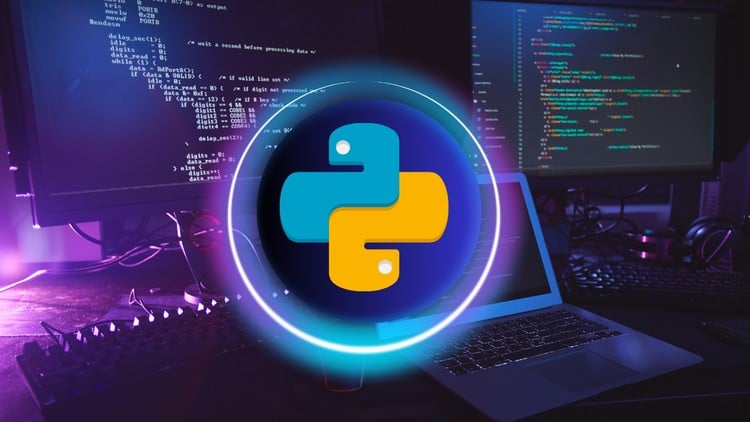
Python Programming for Beginners: Learn Python from Scratch – Course Review
This course is designed to take beginners from zero to proficiency in Python
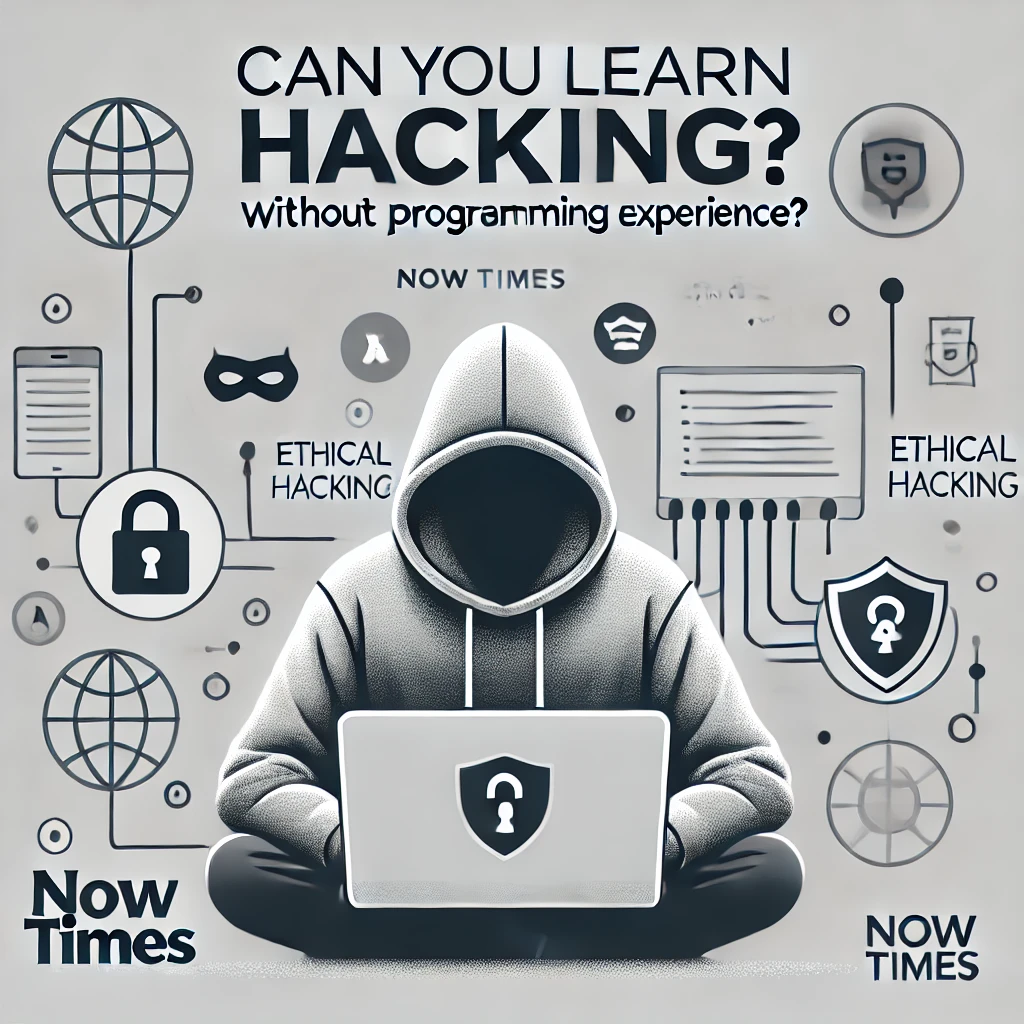
Can You Learn Hacking Without Programming Experience? A Complete Guide
While programming is a valuable skill in ethical hacking, it is not a strict requirement for getting started.
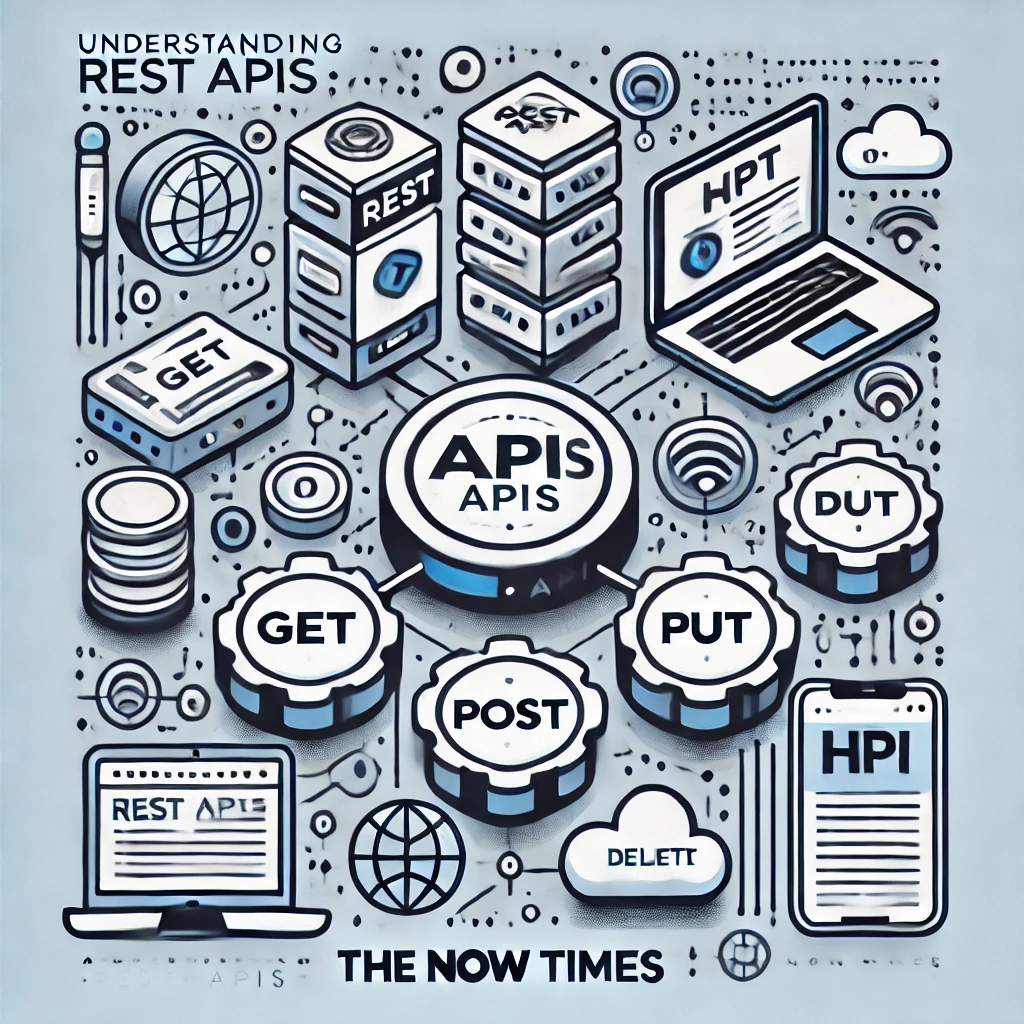
Understanding REST APIs: A Continuation of API and Their Types
REST APIs have revolutionized the way systems communicate over the web. Their simplicity, scalability, and compatibility with standard web protocols m
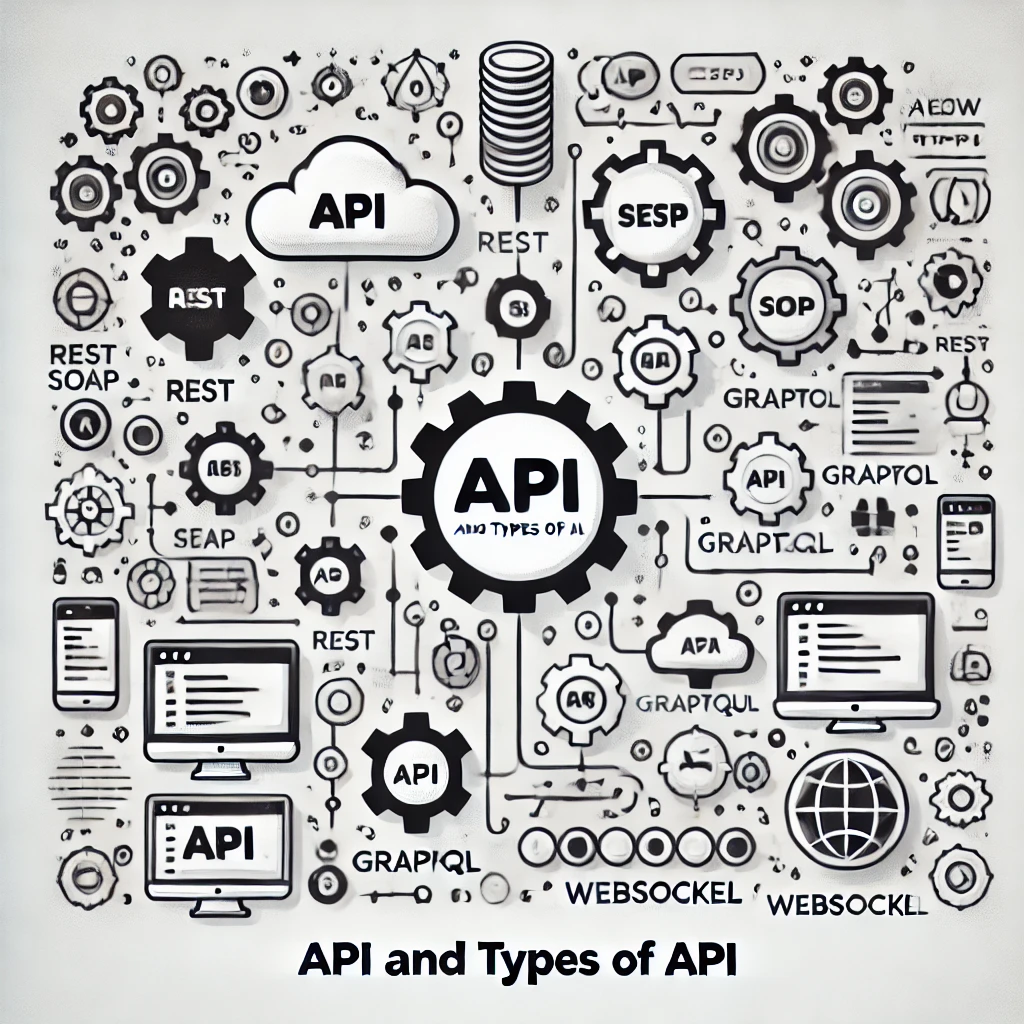
Understanding APIs and Their Types
APIs are the building blocks of modern software development, enabling seamless communication between diverse systems.
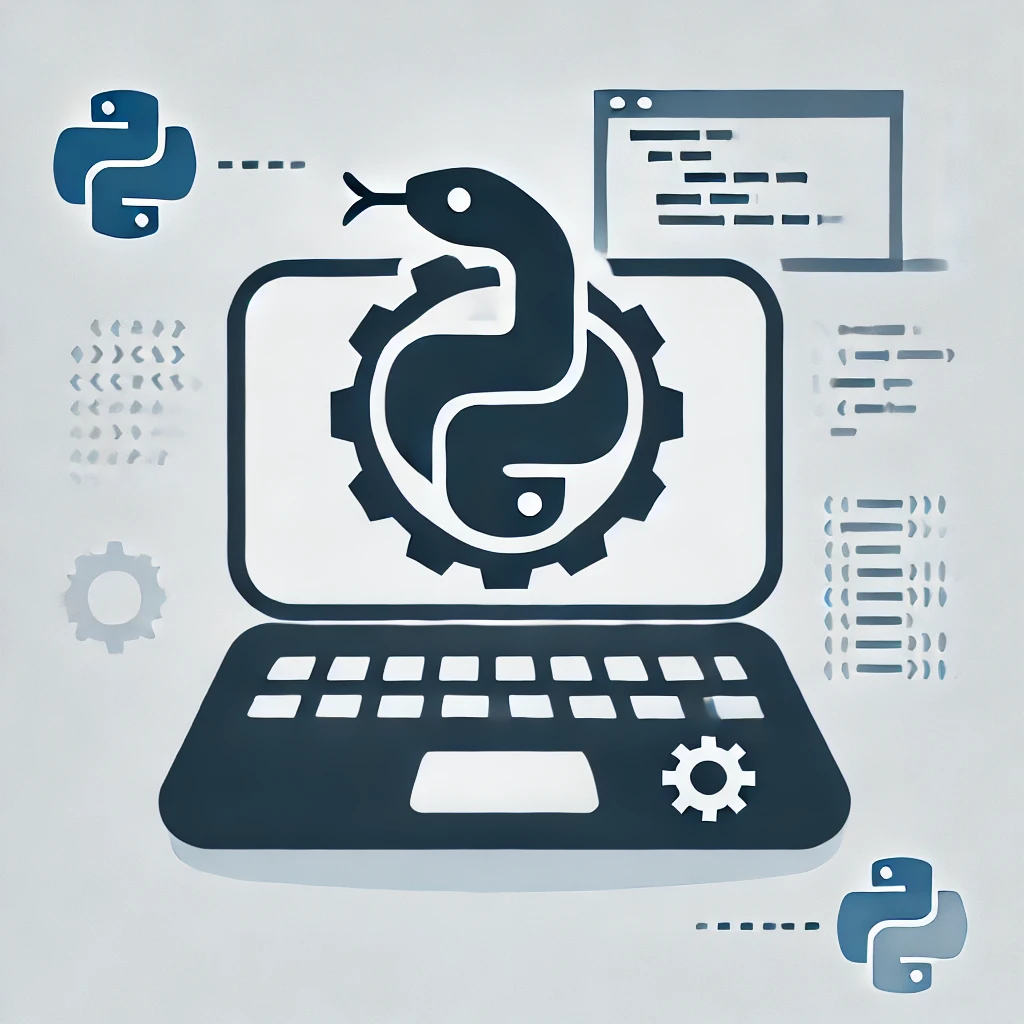
Mastering Python for Automation and Scripting: A Comprehensive Guide
Python is one of the most versatile and widely-used programming languages in the world,


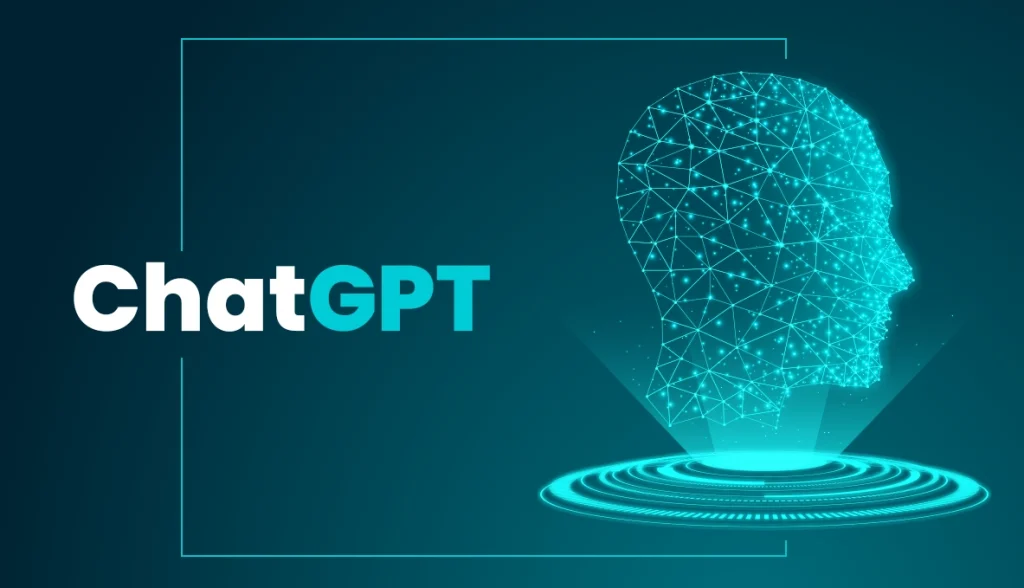


0 comments
There is no any command yet!